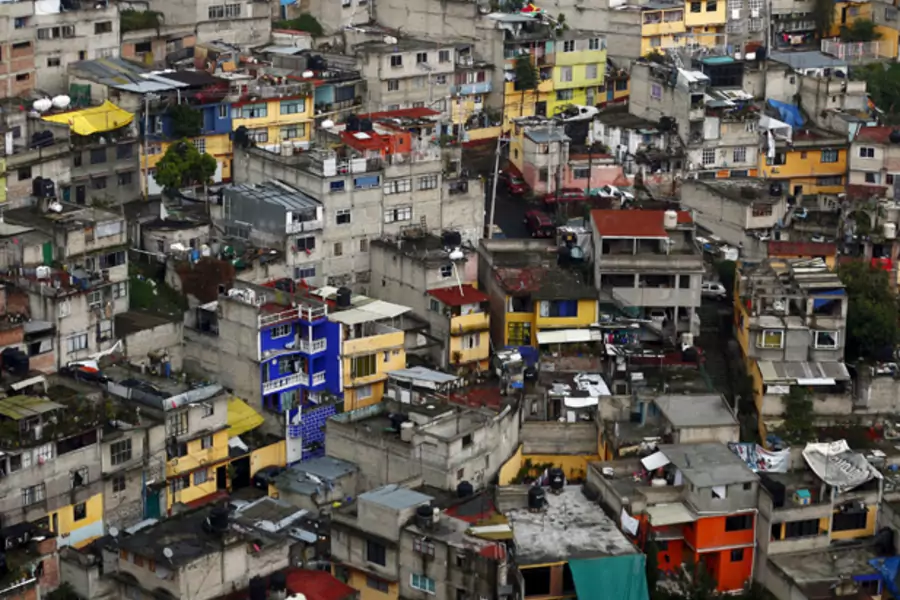Measuring Mexico’s Social Cohesion

More on:
Social cohesion, or the strength of a country’s social fabric, is often raised in discussions of security. The World Bank describes it as “fundamental for societies to progress towards development goals,” and for making countries more resilient to bloodshed. In Mexico, policymakers argue social cohesion is both a casualty and a solution for reducing violence.
To measure these ties, the think tank México Evalúa constructed the Neighborhood Social Cohesion Index (ICSV). They canvassed four housing complexes scattered throughout Mexico—many isolated, without public services, and composed of poorer households with limited education. The residents were asked to rate their communities on a low to high scale of one to ten in terms of social identity, trust between neighbors, a sense of belonging, and engagement in the community. The four ratings were averaged to produce an aggregate score.
Social cohesion in all four communities ranged between 5.1 and 5.4 on the index, indicating that Mexico’s social fabric is not entirely broken, even in these difficult surroundings. In every community a strong sense of belonging and shared identity persisted, even when community engagement lagged. The polls found hope for the future, with nearly nine in ten neighbors saying that if encouraged, they would be “willing to work for the benefit of their community.”
The survey also explored the causal links between social cohesion and perceptions of insecurity. Those communities that were rated more cohesive tended to feel safer, and vice-versa. Perceptions of insecurity were high overall: only 12 percent of residents said they would let their children walk alone in their neighborhood, fewer than a third would walk themselves alone at night.
One of the pillars of the Mérida Initiative, the main vehicle for U.S.-Mexico security cooperation over the last decade, focuses on building “stronger and more resilient communities.” On the ground, this money has gone to after school programs, citizen watchdogs in law enforcement offices, and creating and expanding drug treatment courts, among other programs. México Evalúa’s survey suggests that expanding basic public services and cleaning up public parks would strengthen communities, as would actively recruiting neighbors to get involved in local events and activities. The Mexican and U.S. governments should use measures such as the Neighborhood Social Cohesion Index both before and after they invest more in fragile communities, to help determine which of the dozens of potential programs actually make things better.
More on:
 Online Store
Online Store